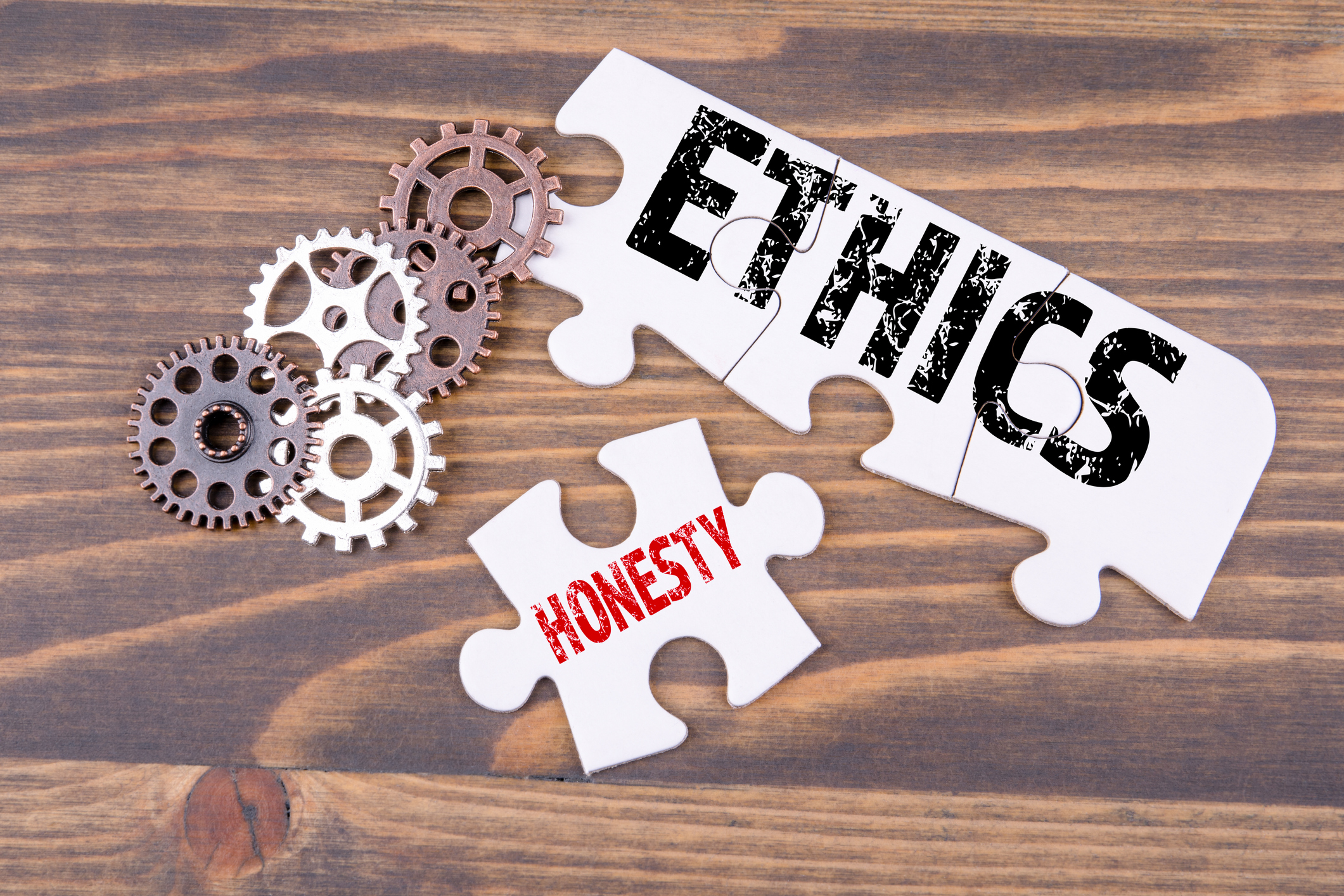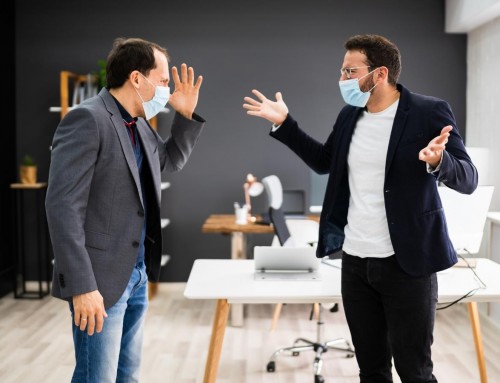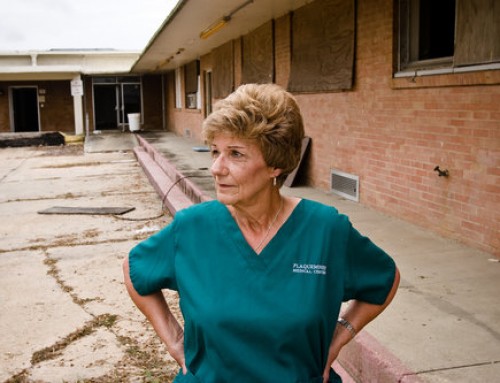-Michelle Rathman, President Impact! Communications, Inc.
“There are three kinds of lies: lies, damned lies, and statistics,” so said Mark Twain in his Chapters from My Autobiography, published in the year 1906. These words could not be more relevant today. We have in America a lying epidemic.
Lying is bringing dis-ease to every aspect of our lives. In government, media, classrooms, boardrooms, courtrooms, in our workplaces, houses of worship, and in cyberspace, the deliberate sharing of untruths, misleading information, and falsehoods have tragically become an accepted truth.
Do you remember a time when ethics in government and leadership were important American virtues? Has our ethics deficient cosmos with 24-hour access to news, the fabricated, the sensational, and the hard-fact varieties, tarnished what we think, know, and feel about truth and honesty?
Have we gone so far down the rabbit hole that we no longer expect those we work for, elect, and socialize with to possess integrity or a modicum of social responsibility?
In my work with health care leaders and teams, I seek to understand what, if any, effect exposure to health-related mis/disinformation may have on patient care, safety culture, population health, quality, and compliance. What I can comfortably share is that before this pandemic, many of those I work with believed that misinformation, in general, was a factor contributing to several the challenges they were already addressing within their patient populations.
Fear, anger, anxiety, uncertainty, and health inequity, all of these create varying levels and types of stress. For some people under heightened stress, they may experience digestive symptoms, while others may experience headaches, sleeplessness, sadness, anger, or irritability. People under chronic stress are prone to more frequent and severe viral infections, such as the flu or common cold.
I believe we will discover that COVID19 is the perfect case study to understand how spreading false health-related information impacted America’s pandemic numbers, more cases, and deaths than any other country in the world at this point. I think it is also a most critical moment in time for us to examine how policy informed by misinformation and bias has all but crippled our rural and essential hospitals and medical provider practices across the United States. The physical and emotional toll on our health care workforce will be incredible and tragic, and I do not believe the virus itself to be the culprit for this preventable outcome. In my view, the Federal Government flat out failed our nation’s health institutions, and most of all, our healthcare heroes. Finally, I believe that the ever-changing, inconsistent, often conflicting messages from our nation’s top health officials and elected leaders will prove to have exacerbated COVID19 response efforts, and the impact will be beyond alarming.
During the earliest days and weeks of the arrival of COVID19 in America, it was clear to me that we had a communication and leadership crisis on top of a pandemic. From the repeated assertion that coronavirus was “just like the flu,” to the early labels assigned to it by elected officials as a hoax while obsessing over the virus’ country of origin rather than taking swift action to prevent the imminent and massive infection spread in our large cities.
I wonder what we will uncover from the “don’t wear a mask” message campaign lead by our nation’s Surgeon General. How might that have affected the spread of the virus? I am also curious about the real impact of the Rose Garden announcement that was, “everyone who wants a test can get a test,” compared to the reality of lagging testing availability and capabilities still a factor today. Also, worth examining is the speculative medical advice about drugs and treatments offered by non-medical experts in positions of leadership. No matter what we learn (and we must), these instances were not mere communication hiccups. No. These are failures in leadership and do not meet the high bar of ethics in crisis communication and management, ethical principles in responsibility and accountability, or ethics of humanistic care. [1]
Exploring the qualities of an ethical leader
Let us unpack the word “ethic.” For centuries, philosophers have been defining and expanding the concept of ethics. According to the Internet Encyclopedia of Philosophy, “the field of ethics (or moral philosophy) involves systematizing, defending, and recommending concepts of right and wrong behavior.” Today, philosophy experts divide ethics into three general subject areas known as meta-ethics[2], normative ethics, and applied ethics. In short, meta-ethics investigates the origin of ethical principles, in other words, where they come from, and what they mean. Normative ethics focuses on that which is practical and reasonable, defining standards of right and wrong from a moral standard perspective. Lastly, applied ethics is a branch of ethics “devoted to the treatment of moral problems, practices, and policies in personal life, professions, technology, and government.”[3]
Contrary to some beliefs, ethical leadership does not automatically come with the keys to the C-Suite or seat at a cabinet table. The qualities of an ethical leader steadily develop in those with a persistent passion for being and doing what is authentically good. Ethical leaders spend time building a cohesive and comprehensive principled foundation that develops over time and through life and leadership experiences. Their backgrounds, what they have been taught and modeled, and their consequent actions, all influence their ethical foundation.
Where we run into the most trouble when it comes to our understanding of ethics is our inability as a population to come up with a universal understanding and agreement about what is “right,” and by right, I mean JUST. Cultural diversity, varying religious, political, ethnic, and familial beliefs and values, for example, impact our interpretations of “right” and “wrong” to a certain degree. Still, we all must have some sensibilities of what is inherently right and what is wrong. Calling for or fanning the flames of protests rather than encouraging and promoting peace, calm and cooperation when these are all desperately needed, I put that in the wrong category. The same is true of egging on and antagonizing state leaders, leaving conspiracy theories to waft on airwaves, or make baseless promises and predications. All these actions and behaviors contribute to the underlying dis-ease we have in America today. Truth has become opinion and trust is in short supply.
As regions, states, cities, small towns, and rural communities move quickly to reopen for business, understandably, some of it driven by the profoundly devastating economic impact of COVID19, I hope that we will agree that what got us here will certainly not be helpful to us going forward, and it certainly will not serve us when the next wave of coronavirus arrives.
We’ve got some serious reckoning to do as a nation because successfully recovering from this pandemic looks nothing like setting the clock back to what some refer to as normal.
[1] https://pagecentertraining.psu.edu/public-relations-ethics/ethics-in-crisis-management/
[2] https://plato.stanford.edu/entries/metaethics/
[3] https://www.oxfordbibliographies.com/view/document/obo-9780195396577/obo-9780195396577-0006.xml







